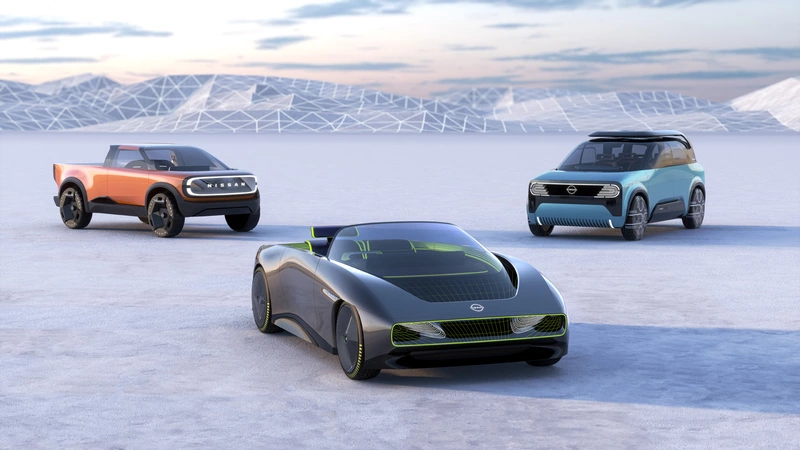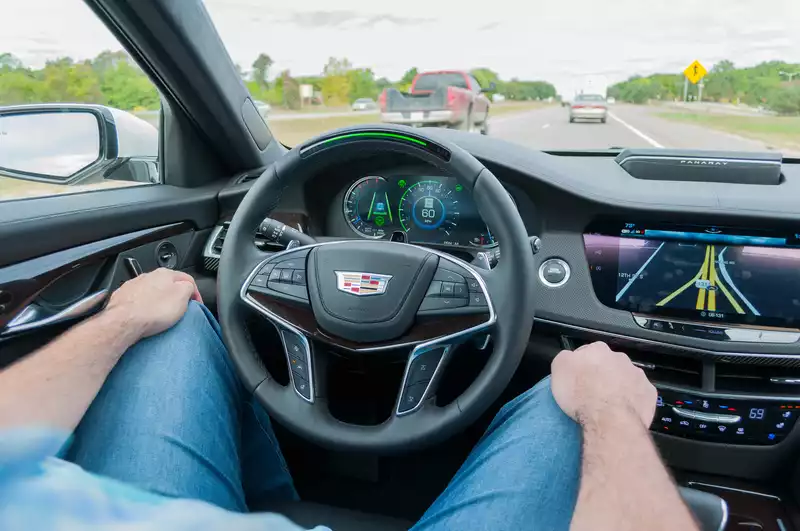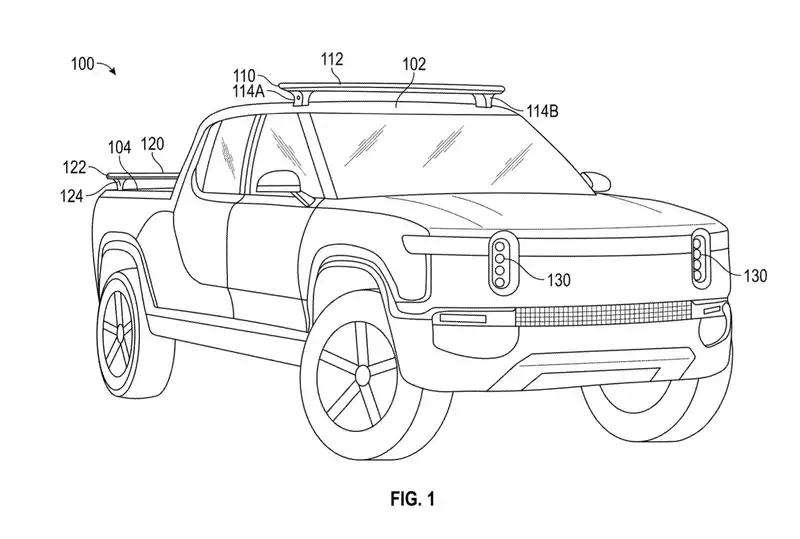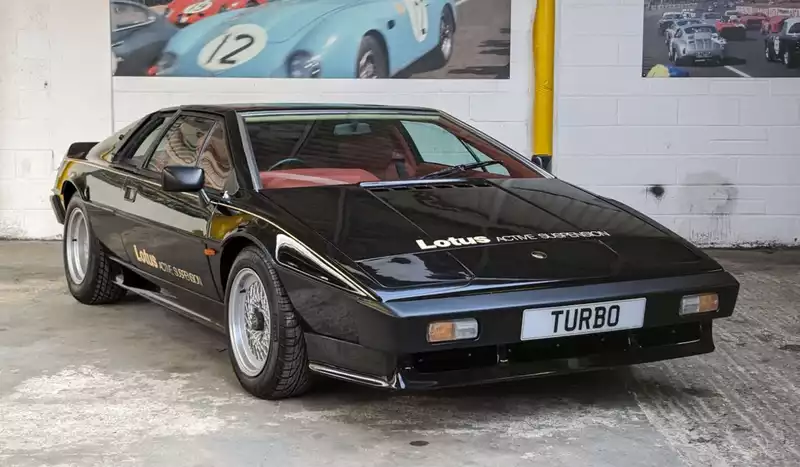Pickup trucks and roadsters as part of Nissan's EV future

Nissan Motor Co. on Monday unveiled the first details of a comprehensive plan to launch dozens of electrified models across Nissan and Infiniti brands by the end of the decade.
Dubbed "Nissan Ambition 2030," the plan is a key building block in Nissan's overarching strategy to make its entire product life cycle carbon neutral by 2050, and will see the company invest 2 trillion yen (about $17.6 billion) over the next five years.
Some of these funds will be used to develop solid-state batteries, which Nissan expects to be market ready in 2028. The bulk of the funds, however, will be used to develop new vehicles. Nissan has confirmed 23 electrified models across Nissan and Infiniti brands by 2030, 15 of which will be battery-electric vehicles.
Some of these vehicles will appear in the not-too-distant future. Nissan said that 20 vehicles, both EVs and series hybrids, will be available in the next five years. The series hybrids, which Nissan calls e-Power, are EVs that recharge their batteries on the move through a combination of energy regeneration and a small internal combustion engine that acts purely as a generator.
To preview what is possible, Nissan unveiled the Chillout, Hangout, Maxout, and Surfout concept cars. Production details were not mentioned, but the Chillout, a coupe-like crossover, is believed to be the electric crossover Nissan unveiled in July at its Sunderland, England, plant. The Surf Out is a lifestyle-oriented pickup truck with a single-cab body and removable canopy, while the Max Out is a streamlined, low-floor roadster that seats two.
Nissan will rely on lithium-ion batteries for the next few years, but plans to introduce a cobalt-free design to reduce costs by 65% by 2028. At that time, Nissan claims it will introduce solid-state batteries. This technology promises to reduce charging times and costs.
Nissan estimates that solid-state batteries will cost about $75 per kwh by 2028 and aims to eventually bring this down to $65. Current battery costs average about $130 per kwh.
Nissan and its partners plan to increase battery production capacity over the next few years, targeting 52 gigawatt-hours by 2026 and 130 gigawatt-hours by 2030. Some of the battery plants will be built in the same locations as the vehicle plants they supply, which Nissan calls "EV hubs. One of these is the aforementioned Sunderland plant, where Nissan and partner Envision AESC plan to add a second battery plant to the current plant that already supplies batteries for the Leaf built in Sunderland.
Finally, in the area of automated vehicles, Nissan announced that it will expand the number of vehicles available with its ProPilot driver assistance system. Nissan stated that it will continue to develop automated driving technology and plans to equip future vehicles with lidar sensors.




